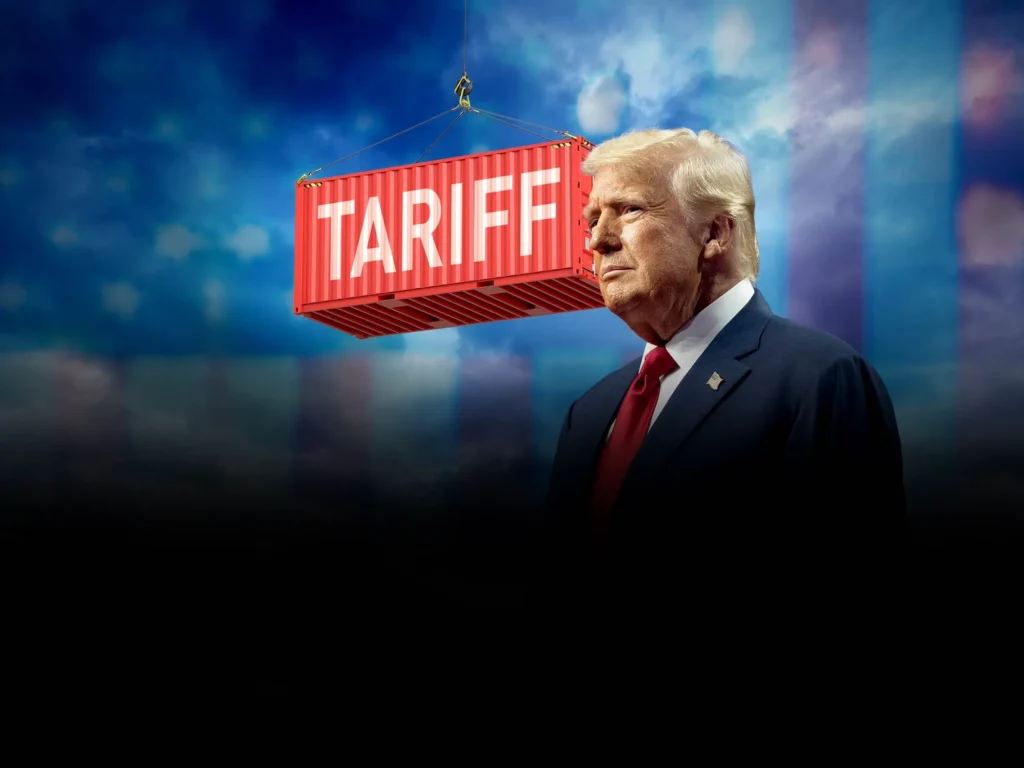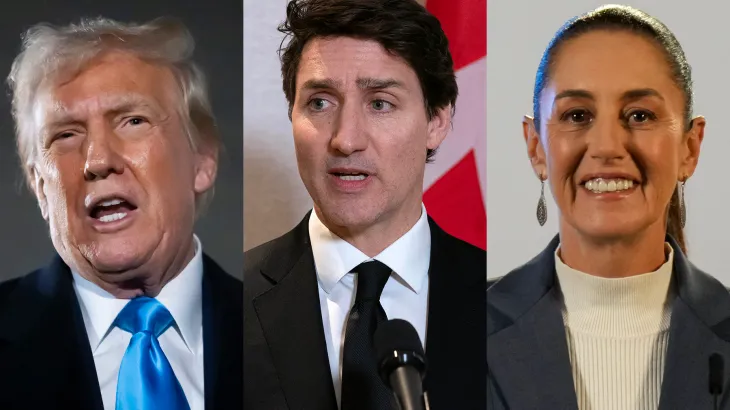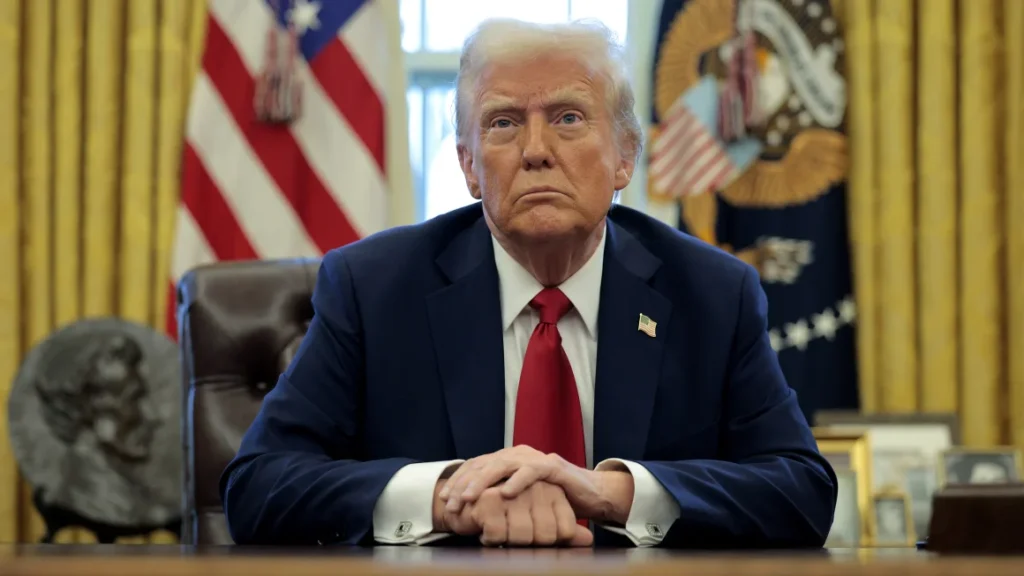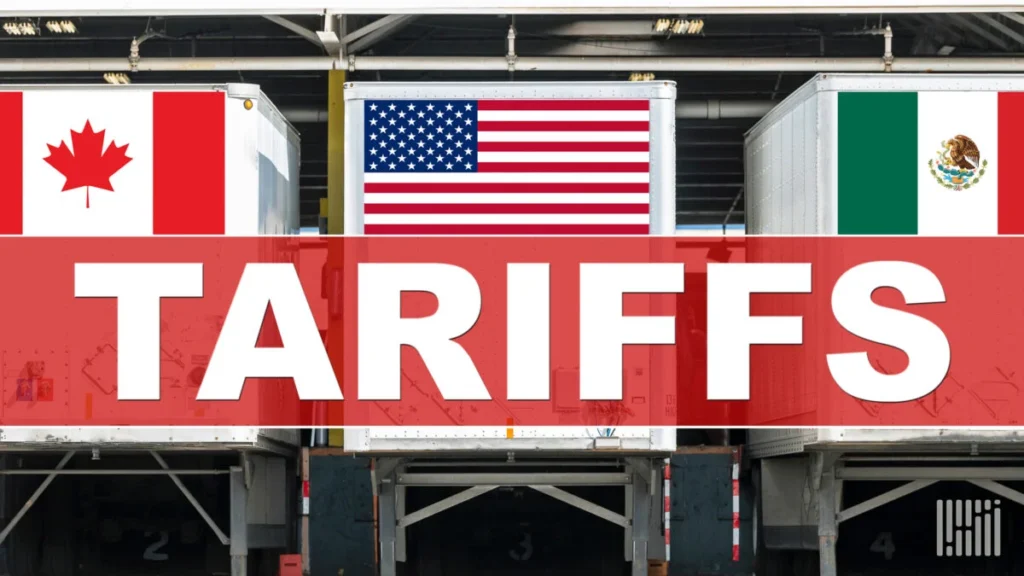
Dow Jones Futures and tariffs are at the center of attention as the financial world braces for impact, with the U.S. government preparing to impose tariffs in full force, sending shockwaves through the stock market. With Dow Jones Futures already showing signs of volatility, investors are scrambling to assess the potential fallout.
The looming tariffs, coupled with global economic uncertainties, have created a perfect storm that could lead to a significant market downturn. In this article, we’ll break down what Dow Jones Futures and tariffs mean for your investments, the broader economy, and why Dow Jones Futures are a critical indicator to watch right now.
The Tariff Tidal Wave: What’s Happening?
The U.S. government has announced a new wave of tariffs on imported goods, targeting key industries such as technology, automotive, and consumer electronics. These tariffs are expected to be implemented in full force, raising concerns about increased costs for businesses and consumers alike. Historically, tariffs have been a double-edged sword—while they aim to protect domestic industries, they often lead to higher prices and strained international trade relations.
The announcement has already caused a ripple effect in the stock market. Dow Jones Futures, a key benchmark for market sentiment, have dipped significantly, signaling that investors are nervous about the potential economic impact. Analysts predict that the tariffs could disrupt global supply chains, leading to slower growth and reduced corporate earnings.
Why Dow Jones Futures Are a Key Indicator

Dow Jones Futures are a critical tool for investors to gauge market sentiment before the trading day begins. As futures contracts tied to the Dow Jones Industrial Average, they provide a snapshot of how the market is likely to perform. With the tariff announcement, Dow Jones Futures have become a barometer for investor confidence—or lack thereof.
In recent days, Dow Jones Futures have shown increased volatility, reflecting the uncertainty surrounding the tariff implementation. This volatility is a red flag for investors, as it suggests that the market could experience sharp declines once trading begins. For those with exposure to U.S. stocks, keeping a close eye on Dow Jones Futures is essential to navigating the current landscape.
The Broader Impact on the Stock Market
The impending tariffs are not just a concern for the Dow Jones Industrial Average. The S&P 500 and Nasdaq Composite are also expected to feel the heat, particularly in sectors heavily reliant on international trade. Companies in the technology and automotive industries, for example, could see their profit margins shrink as tariffs drive up the cost of imported components.
Moreover, the tariffs could exacerbate existing tensions between the U.S. and its trading partners, particularly China. This could lead to retaliatory measures, further complicating the global economic outlook. For investors, this means a heightened level of risk and the potential for prolonged market instability.
How Investors Can Protect Their Portfolios

In times of market uncertainty, it’s crucial to have a strategy in place to protect your investments. Here are a few steps you can take:
- Diversify Your Portfolio: Spread your investments across different asset classes, such as bonds, commodities, and international stocks, to reduce risk.
- Monitor Dow Jones Futures: Keep a close eye on Dow Jones Futures to stay ahead of market trends and make informed decisions.
- Consider Defensive Stocks: Invest in sectors that tend to perform well during economic downturns, such as healthcare and utilities.
- Stay Informed: Follow reliable news sources and expert analysis to understand how tariffs and other economic factors are impacting the market.
The Long-Term Outlook
While the short-term impact of tariffs on the stock market is likely to be negative, the long-term effects are less clear. Some economists argue that tariffs could ultimately benefit domestic industries by leveling the playing field and encouraging local production. However, others warn that the increased costs and trade tensions could stifle economic growth.

For now, the focus remains on Dow Jones Futures and other key indicators as investors navigate this uncertain period. By staying informed and proactive, you can position yourself to weather the storm and potentially capitalize on emerging opportunities.
FAQs
1. What are Dow Jones Futures?
Dow Jones Futures are financial contracts that allow investors to speculate on the future value of the Dow Jones Industrial Average. They are often used as an indicator of market sentiment before the trading day begins.
2. How do tariffs affect the stock market?
Tariffs can increase the cost of imported goods, leading to higher prices for consumers and reduced profit margins for companies. This can negatively impact stock prices, particularly in industries reliant on international trade.
3. Why are Dow Jones Futures important right now?
Dow Jones Futures are a key indicator of how the market is likely to perform in the near term. With tariffs on the horizon, they provide valuable insights into investor sentiment and potential market movements.
4. What sectors are most affected by tariffs?
Sectors such as technology, automotive, and consumer electronics are particularly vulnerable to tariffs due to their reliance on imported components and global supply chains.
5. How can I protect my investments during this period?
Diversifying your portfolio, monitoring Dow Jones Futures, and investing in defensive stocks are some strategies to consider during times of market uncertainty.
As the U.S. prepares to implement tariffs in full force, the stock market is poised for a turbulent period. By understanding the implications of these tariffs and keeping a close eye on Dow Jones Futures, investors can make informed decisions to protect their portfolios and navigate the challenges ahead. Stay tuned to our blog for the latest updates and expert insights on this developing story.

1 thought on “Dow Jones Futures and Tariffs: What Investors Need to Know as Stocks Prepare to Tumble”